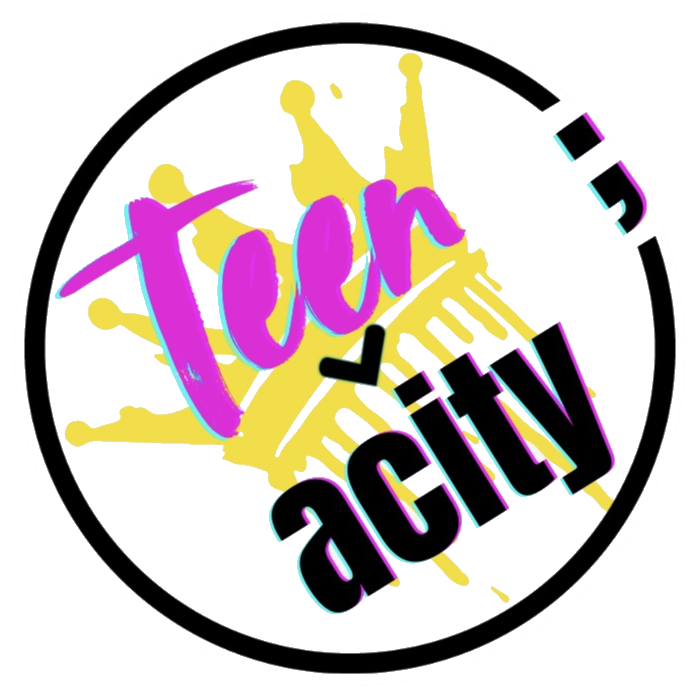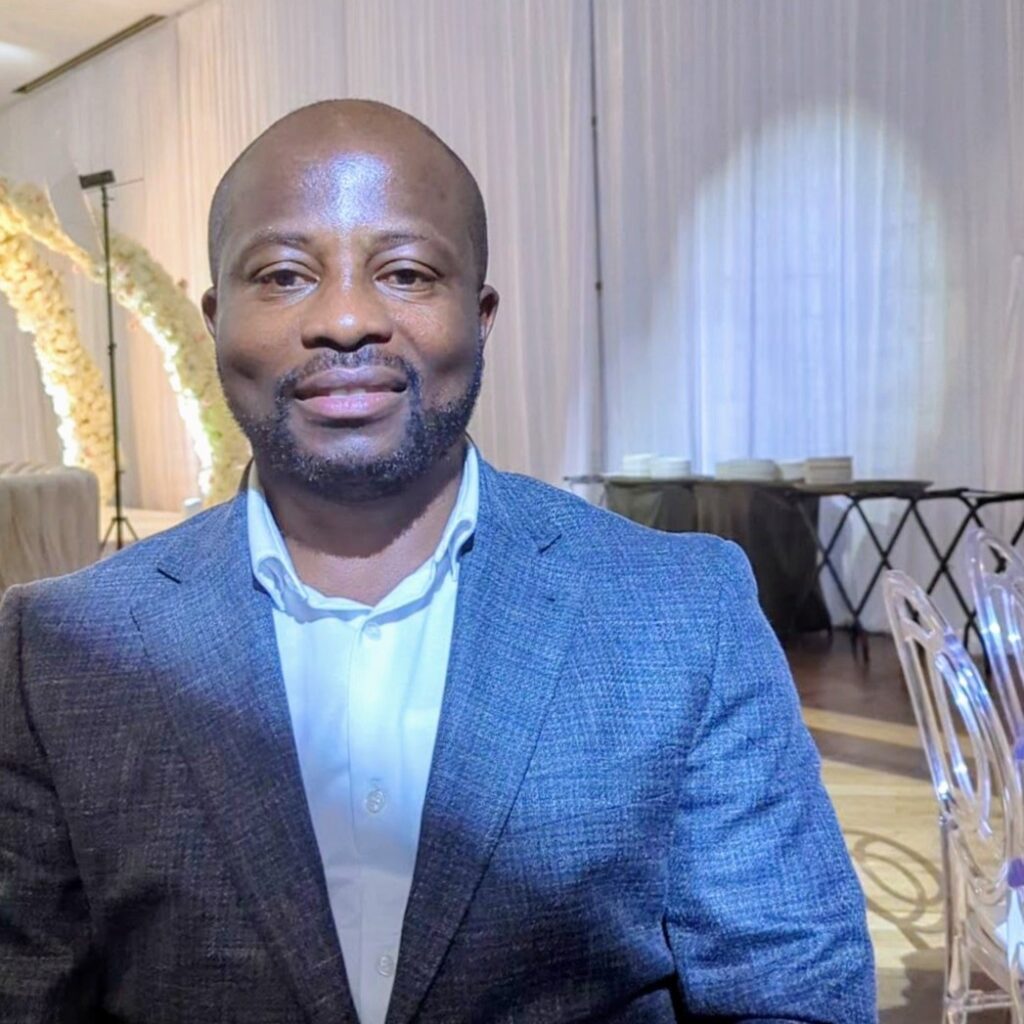About Us

Our Story
There’s something different about TEENacity. You feel it when you walk through the door. It’s the structure. It’s the warmth. It’s the moment when a young person realizes this space was designed for them.
TEENacity is not a traditional placement option. We believe that when youth are given consistency, compassion, and a voice, they begin to rebuild trust—in others and in themselves. That’s why we focus on tailored programming, culturally responsive practices, and a staff team that shows up with purpose every day.
We’re not a program that was built around a policy.
We’re a community that was built around people.
At Teenacity, we don’t just care for youth—we listen, we include, and we build with them. Our staff are trauma-informed, culturally responsive, and above all, consistent. Our turnover rate is low because our values are high. We’re a for-profit agency that operates with a not-for-profit heart—because when you do right by people, the rest follows.


Paula – Founder of Teenacity
Our Journey
Before launching TEENacity, the Director, Paula McDougall, held progressive leadership roles including Director of Operations, Director of Service, Service & Training Coordinator, Area Manager and support roles such as Crisis Line Worker, Direct Support Worker (Developmental Sector) and Residential Support Counsellor (VAW Sector).
This experience translates into a program model that balances structure with flexibility, clinical oversight with warmth, and policy adherence with lived compassion. Paula’s systems-level insight means she understands how to design homes that minimize critical incidents, stabilize high-risk youth, and reduce staff turnover. Her frontline experience means she knows how to make young people feel seen, safe, and heard.
At TEENacity, these strengths are not aspirational—they are operational. They guide everything from staffing models to transition planning. Placement agencies trust Paula because she understands what’s at stake: the wellbeing of the youth, the accountability of the agency, and the importance of getting it right the first time.
Meet Our Managing Directors

Kwasi Obeng
Kwasi Obeng is a dedicated and compassionate leader in developmental and educational support services, with over 12 years of experience empowering individuals with complex needs. Currently serving as a Supportive Living Manager at Central West Specialized Developmental Services, Kwasi oversees multiple residential programs, including a specialized treatment program. In this role, he collaborates closely with clinicians and interdisciplinary teams to deliver evidence-informed, person-directed care, ensuring the health, safety, and growth of the individuals supported.
Kwasi brings a wealth of hands-on experience from both the public and private sectors. His background includes over a decade with the Peel District School Board as a Behavioural Educational Assistant, where he supported children with emotional needs, led the Black Student Alliance, and collaborated with teachers, psychologists, and other professionals to create inclusive, trauma-informed learning environments. He played a key role in helping students manage emotional regulation and access the tools necessary for academic and social success.
Kwasi has also provided crisis intervention and transitional support through his roles at Bartimaeus Inc. and Family Options Inc., where he mentored staff and helped clients achieve meaningful goals in their communities.
He is a certified Safe Management Instructor and holds additional credentials in CPI, First Aid/CPR, and suicide alertness (SafeTALK). Kwasi is currently completing his Honours Bachelor of Applied Science in Community Social Services at the University of Guelph-Humber, further strengthening his ability to lead from both experience and theory.
Driven by his values of equity, empathy, and empowerment, Kwasi continues to champion the well-being and full inclusion of marginalized populations in every sphere of his work.

Ryan Mogensen
My name is Ryan Mogensen, I have worked in this sector since 2009. I have a passion for helping individuals and have been fortunate enough to work in the field I am passionate about for the past 16 years. In my spare time I enjoy coaching football and watching hockey.
Challenging Systemic Racism, Colonialism, and All Forms of Oppression
1. Our Commitment
At TEENacity Inc., we know that oppression is embedded in systems—not just in attitudes or actions. As a community-driven organization supporting youth, we commit to identifying, disrupting, and transforming the structures that perpetuate systemic racism, anti-Blackness, anti-Indigenous colonial violence, transphobia, ableism, and all forms of marginalization.
This is not a one-time statement—it is an ongoing practice rooted in accountability, education, and action.
2. Guiding Principles
Anti-Racism: We actively name and challenge racism at the interpersonal, institutional, and structural levels.
Decolonization: We resist colonial harm and uplift Indigenous sovereignty, knowledge, and land rights.
Intersectionality: We recognize how systems of oppression overlap—race, gender, ability, class, sexuality—and respond accordingly.
Youth Voice: Youth are not passive recipients—they are collaborators in system change.
Accountability Over Optics: We choose meaningful action over performative allyship.
3. Strategic Priorities
A. Policy Transformation
Embed anti-racism, anti-oppression, and gender inclusion into all TEENacity policies, procedures, and handbooks.
Conduct an annual equity audit of all organizational policies and forms.
Ensure policies reflect gender-inclusive language, racial justice frameworks, and disability inclusion.
B. Hiring, Staffing, and Leadership
Implement equity-based hiring practices, including:
Barrier-free application processes
Targeted outreach to Black, Indigenous, racialized, trans, and disabled candidates
Diverse hiring panels with anti-bias training
Create leadership pipelines for racialized and equity-deserving staff.
Offer equity-based mentorship, particularly for BIPOC and 2SLGBTQ+ employees.
C. Youth Empowerment and Voice
Include youth perspectives in hiring panels, program design, and incident debriefs.
Embed culturally relevant programming, gender-diverse activities, and youth-led sessions in daily life.
D. Education and Training
All staff, volunteers, and leadership will receive:
Mandatory anti-racism and decolonization training at onboarding and annually thereafter
Training on:
Anti-Black racism and Indigenous sovereignty
Trans and gender-diverse inclusion
Challenging white supremacy and unconscious bias
Accessible and neurodivergent-friendly practices
Custom workshops will be co-developed with racialized and Indigenous facilitators and community partners.
E. Culture and Daily Practice
Normalize pronoun sharing, inclusive greetings, and accessible communication.
Display inclusive and educational materials around each home/site (e.g., Black History, Pride, Indigenous rights).
Celebrate racial, cultural, and gender diversity through calendar events, workshops, and mealtime discussions.
Develop decolonized daily routines—honoring community, land, and cultural knowledge.
F. Reporting and Accountability
Create a safe, confidential reporting system for racism, transphobia, ableism, and microaggressions.
Ensure follow-through with trauma-informed investigations and harm-repair processes.
Publish an Annual Equity Report summarizing actions taken, gaps identified, and next steps.
4. Partnerships and Solidarity
TEENacity Inc. will:
Build formal partnerships with Black-led, Indigenous-led, 2SLGBTQ+, and disability justice organizations.
Prioritize procurement from racialized, Indigenous, queer-owned, or women-owned businesses.
Co-create healing spaces with elders, knowledge keepers, and cultural leaders from the community.
5. Decolonizing Our Frameworks
TEENacity commits to:
Learning from and practicing land acknowledgment beyond words—through relationship, reparative action, and land-based learning.
Reimagining programming through a decolonial lens, including how we:
Approach behaviour and safety (not through control, but relationship)
Use art, ceremony, and storytelling as forms of healing and education
Make space for grief, rage, and cultural resilience
6. Indicators of Progress
We will track:
Demographics of staff across all levels by race, gender identity, and disability
Reports and resolutions related to discrimination or oppression
Number and quality of equity trainings completed
Feedback from racialized and equity-seeking youth and staff
7. Living the Work
This plan is a living document—to be revisited, re-evaluated, and improved regularly. TEENacity Inc. staff, youth, and community members will be invited to co-own this plan and hold the organization accountable to it.
Land Acknowledgment – Guelph, Ontario
We acknowledge that the land on which we live and work is the traditional territory of the Mississaugas of the Credit First Nation, the Haudenosaunee Confederacy, and the Anishinaabeg Peoples, under the Between the Lakes Treaty No. 3, signed in 1792.
Guelph is situated on land that has been cared for and stewarded for thousands of years by Indigenous peoples who continue to live here, uphold their ceremonies, and protect the land, waters, and communities across Turtle Island.
At Teenacity Inc., we recognize that acknowledging land is only the first step. We are committed to the ongoing work of truth, reconciliation, and decolonization. This means challenging colonial systems, amplifying Indigenous voices, and supporting Indigenous sovereignty in our daily work with youth and families.
We encourage all who work with us to reflect on their relationship to this land and their responsibilities as treaty people.